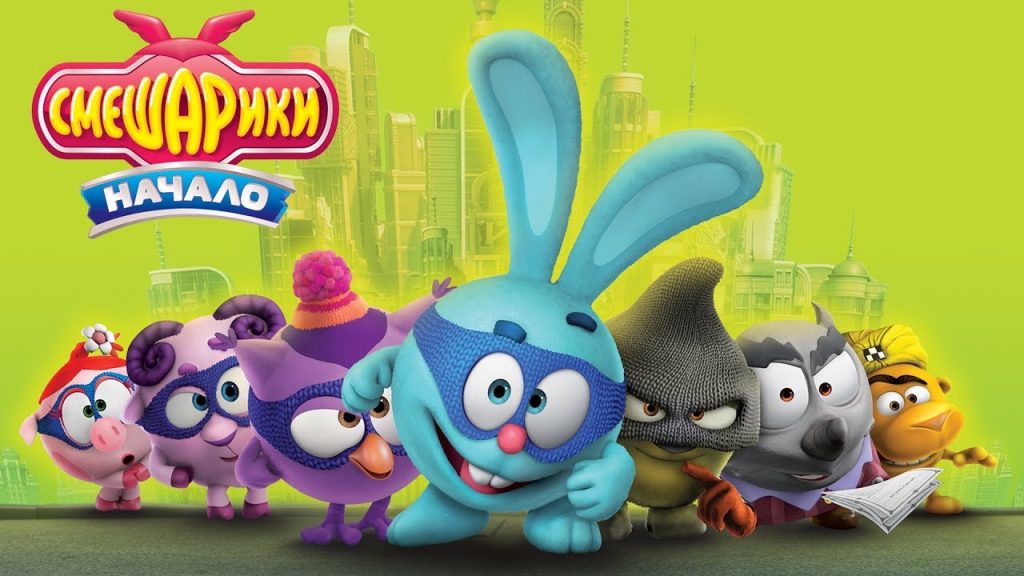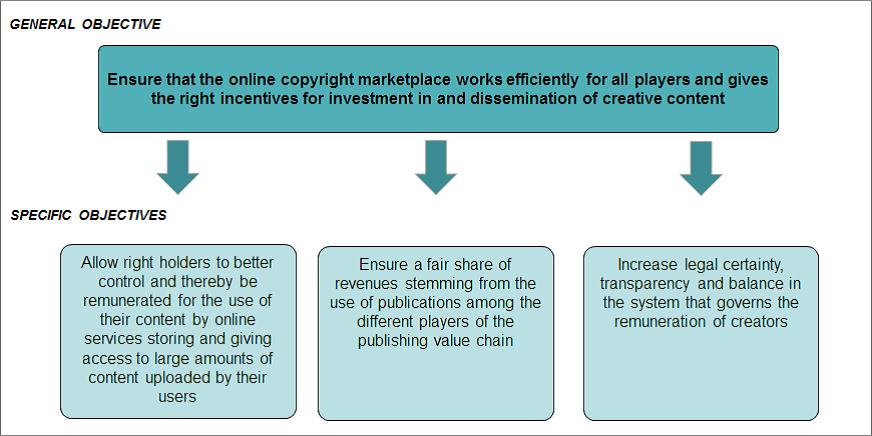
One Russian writer has sued the creators of cartoons Smeshariki (Kukoriki) – popular Russian cartoon serial – for plagiarism. He believes the screenplays for certain series have been plagiarized from his literary works. And he knew it thanks to Siberian scientists. They have developed new system “anti-plagiarism” which revealed multiple rip off in cartoons.
Comments closed

